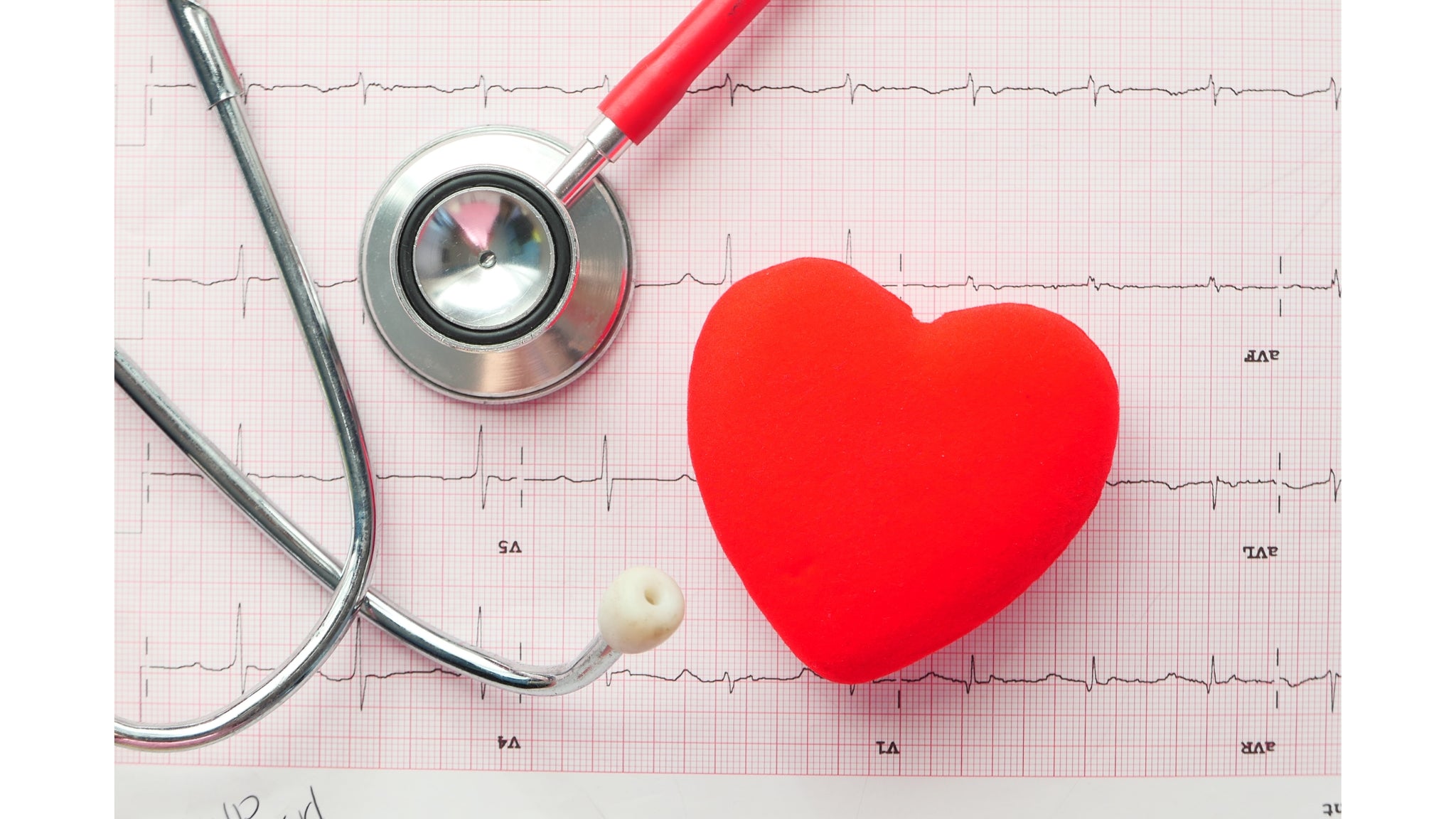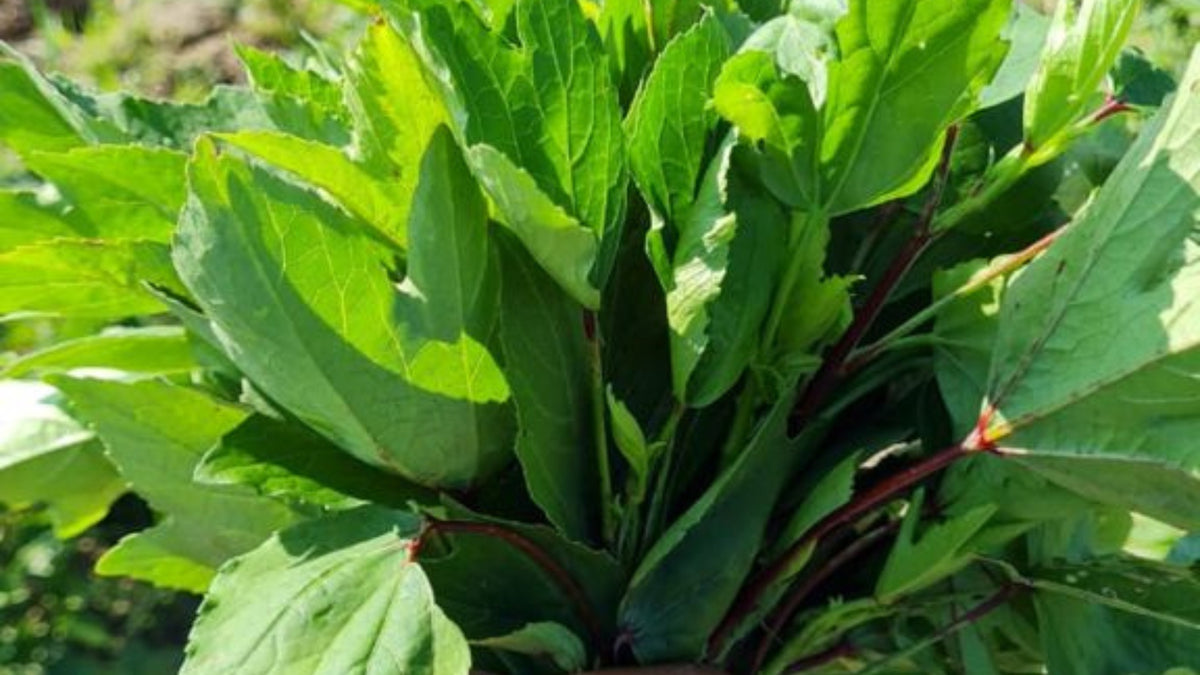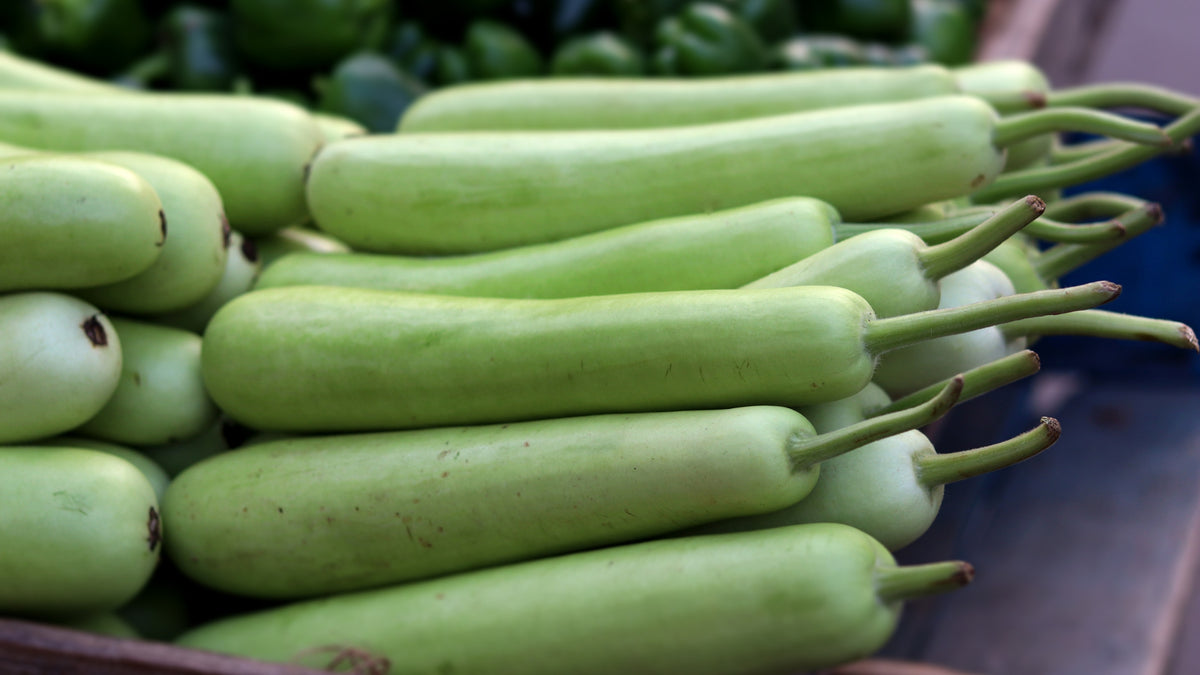
Heart Health and Ayurveda

Your heart is a fist-sized organ that pumps blood throughout your body and is the primary organ of the circulatory system. The heart has four main chambers or sections made of muscle that are powered by electrical impulses. The brain and the nervous system direct the functions of the heart.
Main Functions of the Heart
- Pumps the oxygenated blood throughout the body.
- Circulates hormones and nutrients throughout the body.
- Pumps the oxygen-poor blood back to the lungs for oxygenation.
- Transports waste products from the body.
- Maintains blood pressure.
Ayurveda uses the word hrudaya which has the same meaning as the English word for the heart. The word hrudaya indicates the function of this vital organ, hru means to collect blood forcibly and ‘da’ means to donate. The body’s first two dhatus (body tissues) are rasa (plasma) and rakta (blood) which are circulated throughout the body. Thus, the word hrudaya means the dual action of forcibly collecting and circulating the blood throughout the body. This is the main function of the heart.
According to Ayurvedic texts, the heart originates from the essence of rakta (blood) and kapha (biological energy), and predominantly this comes from the mother which develops into a muscular organ. The heart’s activity is controlled by vyana vayu (subdosha of vata), which controls the movement of the blood. We can also assume that the pericardium develops from meda dhatu (fat tissue), the myocardium from mamsa dhatu (muscle tissue) and the endocardium from rasa (plasma) and rakta (blood).
Ayurveda recognizes the heart is the seat location of the mind, the place where all thoughts and emotions are created. The causative factors of hridroga (heart health disorders) according to Ayurveda is not only the type of food that is eaten but is also the way the food is taken based on the persons way of living. The heart becomes vitiated from an improper diet, lifestyle and stress response which creates an imbalance with the doshas and dhatus.
To support proper good health throughout life, we must eat the recommended foods that help us maintain balanced doshas and dhatus. Lifestyle habits also play an important role, how you eat, sleep, exercise and enjoy life greatly effects your health. If your diet and lifestyle choices are in align with your birth constitution, imbalanced doshas, age and climate then taking herbal supplements will be quite beneficial for further supporting heart health.
Supplements for Supporting Heart Health
- Arjuna Arishtam
- H.T. Kot Tablets
- Agastya Rasayana
- Manasamitra Vatakam
- Vidaryadi Ghritam
- Punarnavadi Kwatham
- Punarnava Asavam
- Dasamula Arishtam
If you have any questions about Kottakkal products, please contact julie@kottakkal.shop.
Disclaimer: These statements have not been evaluated by the Food and Drug Administration. Kottakkal Ayurveda products and information are not intended for use in the diagnosis, treatment, cure, or prevention of any disease. If you have serious, acute, or chronic health problems, please consult a trained health professional. If you are seeking the advice of a trained Ayurvedic professional, call (800) 215-9934 or email us at contact@kottakkal.shop. We will provide you with information to consult with Ayurvedic professionals. Always check with your doctor before taking herbs when pregnant or nursing.
Also in Healing with Kottakkal Ayurveda

Food is Medicine - Organic Gongura Leaf
Gongura, often referred to as Indian sorrel, is a leafy green vegetable packed with an array of health benefits. This vibrant green is a treasure trove of essential vitamins, minerals, and antioxidants.

Food Is Medicine - Organic Bottle Gourd

Boosting Energy and Rejuvenation with Narasimha Rasayana
Narasimha Rasayanam is an herbal jam formulated with base ingredients of butter, honey, and milk. This time-tested remedy is believed to promote balance within the body's three doshas, vata, pitta, and kapha and supports a range of health concerns. From supporting physical strength and hair health to promoting rejuvenation and cognitive function, Narasimha Rasayanam offers a multifaceted approach to well-being.


Vaidya Vishwanath
Vaidya Vishwanath grew up in Pune, India which is hub of traditional Ayurvedic gurukul teachings, following the principles of Ayurveda as part of his culture. He has dedicated his career over the past 1 ½ decades to the science of Ayurveda.